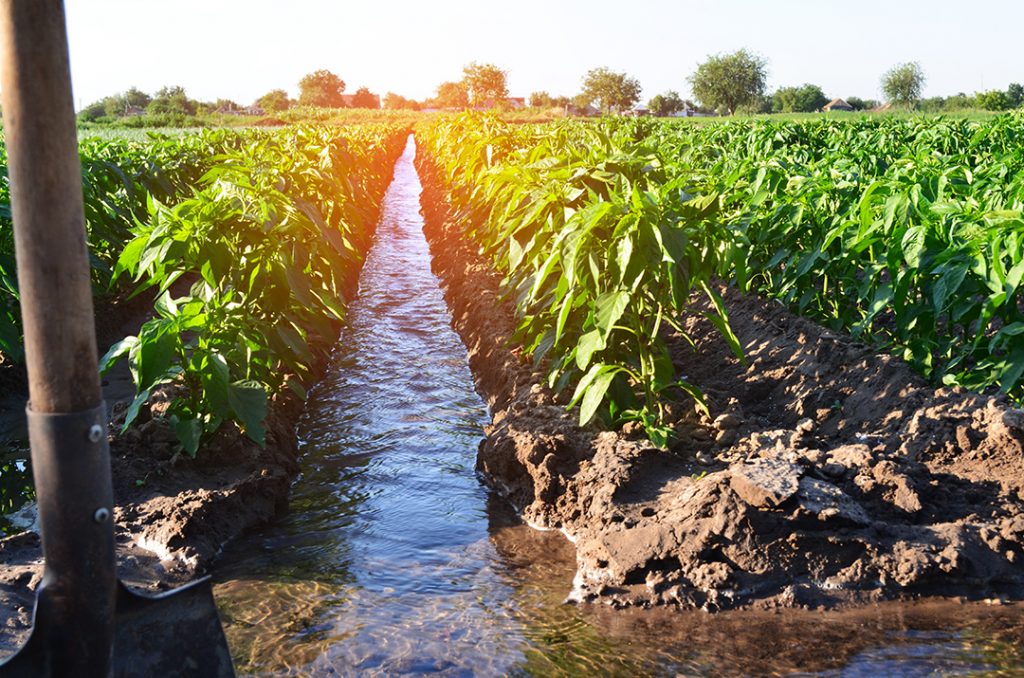
Over the next couple years, the Central Valley may have a much better idea if it can more efficiently capture and store precious groundwater.
The California Water Institute, located at Fresno State, and the Agricultural Research Institute, will be working together on a study that aims to determine whether there are adequate underground water storage areas in the Valley for groundwater recharge.
The study’s importance cannot be understated due to the effects of climate change on the various sources of water that the Central Valley relies upon to irrigate its rich agricultural landscape, among many other of its uses. Also, many of California’s water aquifers are critically overdrafted, creating a great need to discover more ways and places to recharge them.
“One of the problems that we are going to experience is the rising of the snow level and probably the reduction of the snow pack we already have,” said Cordie Qualle, interim director of the California Water Institute.
“Typically, the Valley has snowpack in the Sierras that releases water into surrounding reservoirs, which then go into canals. It is essentially a natural storage reservoir for the Valley in the Sierra Nevada mountains. With a rising snow level and reduction in snow pack, part of the capacity of the reservoir has been lost,” Qualle said.
“The issue is going to be that we are going to end up with a lot more water showing up on the Valley floor as rainfall runoff and we’re going to have to find a home for that water if we can, and the ground is an excellent storage facility for that.”
Perforated pipes will be placed underground at a depth of about eight feet and filled with water from a canal system to introduce it to the soon-to-be-installed groundwater recharge facility located on the Fresno State campus’ farm site.
The water will infiltrate into the groundwater table to test how well and how quickly the groundwater can be recharged, as well as its quality.
Qualle said that there are findings that the study is expected to reveal.
“That we can recharge water this way into the groundwater table successfully; we can recharge it with very little loss to other atmospheric uses, so it’s not going to evaporate on us. We are going to hope to find that we are not driving nitrates from the upper soils further down into the groundwater, and we end up with something economically feasible to do.”
The implications from these findings could very well be wide-ranging, Qualle added.
“The implication is that wherever you have good soil, and the ability to deliver the water the same way you mobilize a lot of ag land without encumbering its operations for recharge purposes, so the impact could be statewide.”









